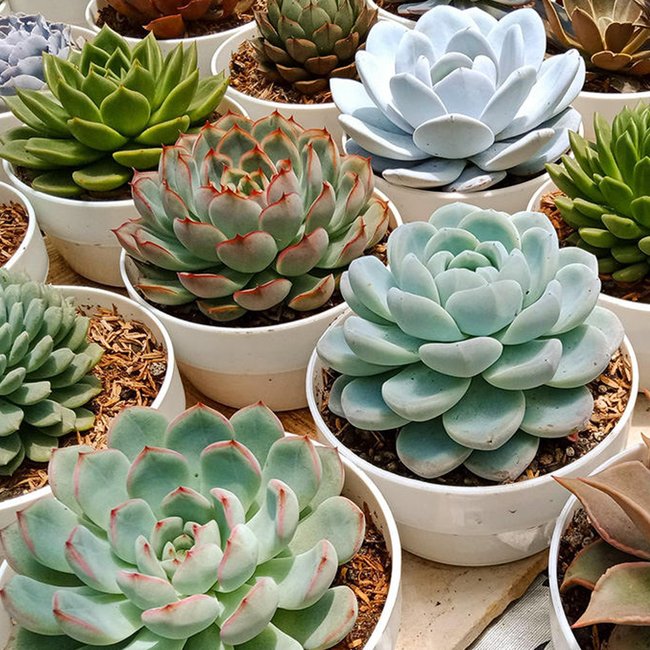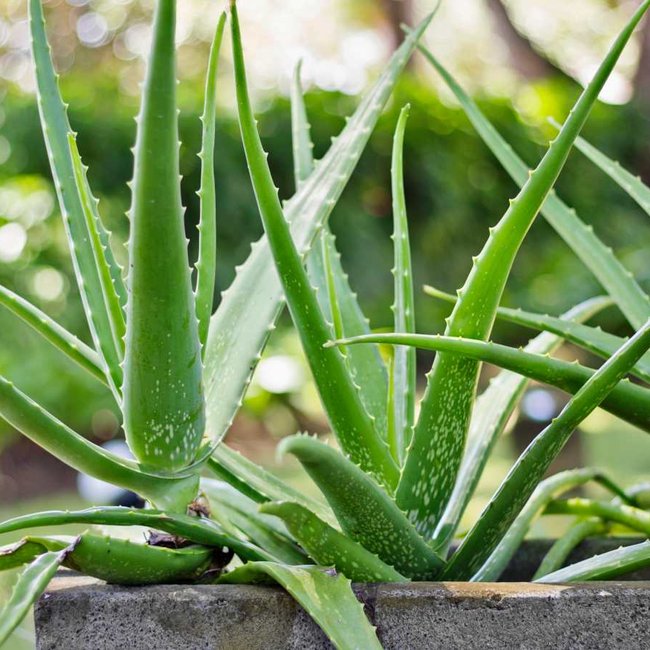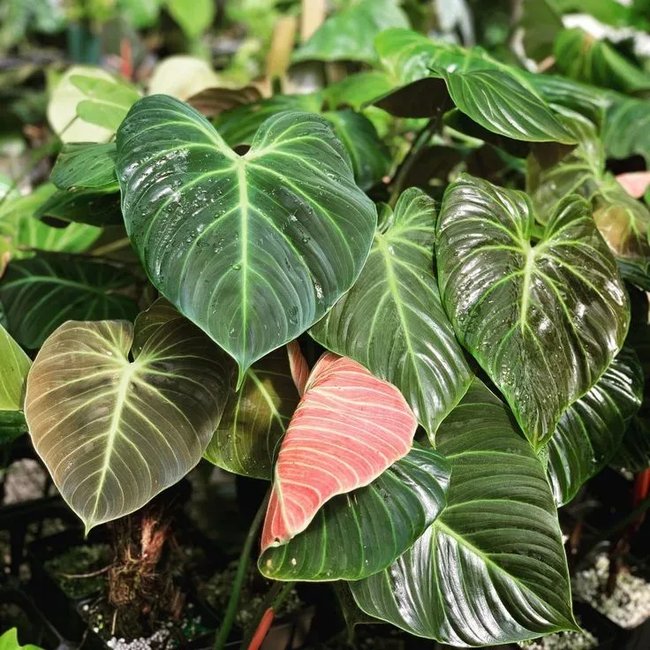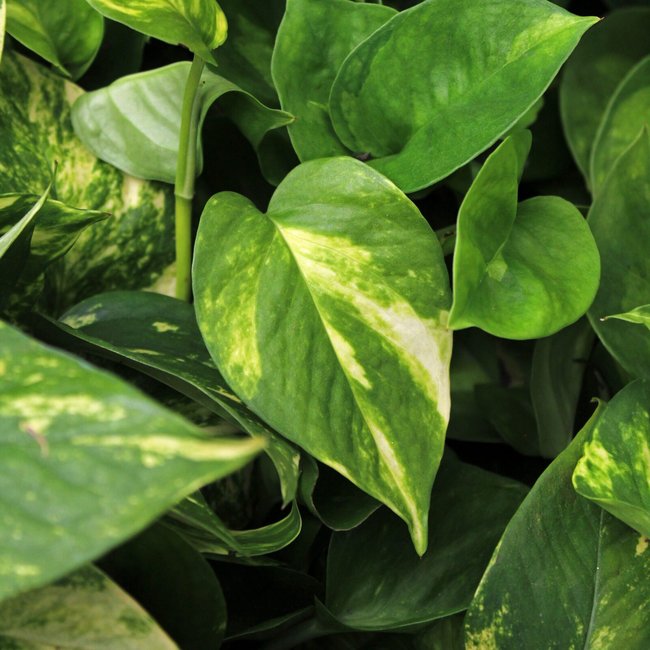Basil
Basil is an aromatic herb belonging to the mint family. Its scientific name is Ocimum basilicum and it is native to tropical regions of Asia and Africa. It is cultivated for its leaves, which are used as a seasoning in many dishes.
Classification and Taxonomy
Basil is classified as a member of the Lamiaceae family, which is comprised of around 7,000 species. The genus Ocimum is made up of around 150 species, of which basil is the most widely known.
Description and Characteristics
Basil is an annual herb with a woody stem that can reach up to 60 cm in height. The leaves are opposite, green and ovate with a pointed tip. The flowers are white or purple and grow in clusters. The aroma of the leaves is sweet and pungent.
Distribution and Habitat
Basil is native to tropical regions of Asia and Africa, but it is now cultivated in many parts of the world. It prefers warm, sunny climates and grows best in well-drained soils.
Ecology and Reproduction
Basil is pollinated by bees and other insects. It reproduces by seed and can be grown from cuttings.
Uses and Economic Importance
Basil is widely used as a culinary herb and is a key ingredient in many dishes from around the world. It is also used medicinally for its antiseptic and anti-inflammatory properties.
Conservation Status
Basil is not currently considered to be at risk of extinction.
-
What is basil and where does it come from?
Basil is a fragrant herb that belongs to the mint family. It is native to tropical regions of central Africa and southeast Asia but is now widely cultivated in other parts of the world, including Europe and the Americas. Basil's scientific name is Ocimum basilicum.
-
What are the different types of basil?
There are many different types of basil, each with its unique flavor and aroma. Some of the most popular varieties include sweet basil, Thai basil, lemon basil, cinnamon basil, and holy basil. Sweet basil is the most commonly used type of basil in cooking, while Thai basil is often used in Asian cuisine.
-
What are the health benefits of basil?
Basil is packed with nutrients and has a range of health benefits. It is a good source of vitamin K, which is essential for healthy bones and blood clotting. It also contains antioxidants, which help to protect against cell damage and reduce the risk of chronic diseases. Some studies have suggested that basil may have antibacterial and anti-inflammatory properties.
-
How do I grow basil?
Basil is relatively easy to grow and can be grown indoors or outdoors. It prefers warm temperatures and plenty of sunlight. To grow basil, plant seeds or seedlings in well-draining soil and water regularly. Pinch off the top leaves to encourage bushier growth, and harvest leaves as needed.
-
How do I use basil in cooking?
Basil is a versatile herb that can be used in a variety of dishes. It is often used in Italian cuisine, where it is used to flavor tomato sauces, pasta dishes, and pizza. It is also commonly used in Thai and Vietnamese dishes, where it adds a fresh and aromatic flavor. Basil can be used fresh or dried and pairs well with other herbs, such as oregano and thyme.
-
Can I use basil for medicinal purposes?
Basil has been used for its medicinal properties for centuries. It is believed to have anti-inflammatory and antibacterial properties, making it useful for treating a range of conditions. Some traditional uses of basil include treating digestive issues, respiratory problems, and skin conditions. However, more research is needed to determine the full extent of basil's medicinal properties.
-
How should I store fresh basil?
Fresh basil should be stored in the refrigerator to keep it fresh for longer. To store basil, wrap it in a damp paper towel and place it in a plastic bag. Alternatively, you can trim the stems and place the basil in a glass of water, covering the leaves with a plastic bag. This will keep the basil fresh for up to a week.
-
Can I freeze basil?
Yes, you can freeze basil to preserve it for longer. To freeze basil, wash and dry the leaves, then place them in a plastic bag and freeze. Alternatively, you can chop the basil and freeze it in ice cube trays with a little water or olive oil. Frozen basil can be used in soups, stews, sauces, and other dishes.
-
What are some popular dishes that use basil?
Basil is a popular herb used in a variety of dishes around the world. Some popular dishes that use basil include caprese salad, pesto sauce, tomato and basil soup, Thai basil stir-fry, and margherita pizza. It can also be used to add flavor to marinades, dressings, and dips.
-
Is basil safe for pets?
While basil is not toxic to pets, it can cause gastrointestinal upset if consumed in large quantities. If your pet ingests basil, monitor them for any signs of vomiting or diarrhea. It is always best to consult with your veterinarian if you have any concerns about your pet's health.
10 Fun Facts About
1. Basil is one of the most popular herbs in the world. 2. The name basil comes from the Greek word basilikon, meaning “royal”. 3. Basil is believed to have originated in India. 4. There are over 60 varieties of basil. 5. Basil is rich in antioxidants and vitamins A, C and K. 6. Basil has been used in traditional medicine for centuries. 7. Basil is sometimes referred to as the “king of herbs”. 8. Basil is used to make pesto, an Italian sauce made from crushed basil leaves, garlic and olive oil. 9. Basil is a key ingredient in Thai cuisine. 10. Basil is used to make holy water in some religions.
Pun
Basil is the herb of all herbs!
Similar To
Sage, Rosemary, Oregano, Thyme Keywords: Basil, Ocimum basilicum, Lamiaceae, herb, seasoning, medicinal, aroma, pollinated, seed, cuttings, culinary, antioxidant, vitamins, pesto, Thai cuisine, holy water.







